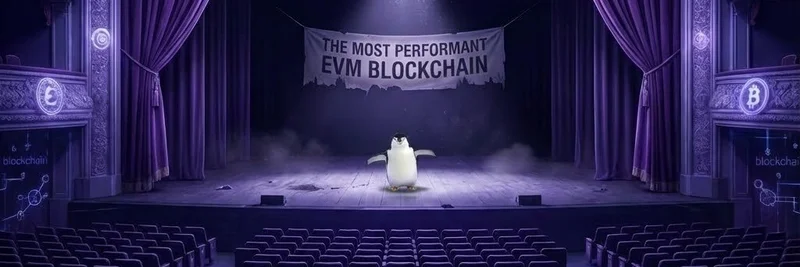In the fast-paced world of blockchain, big tech companies are making waves, and Google's latest move is no exception. A recent tweet from BSCN (@BSCNews) caught the community's attention, announcing Google's own Layer-1 blockchain. The post, which you can check out here, highlights how this development has flown under the radar but packs serious potential. As someone who's covered crypto from the trenches at CoinDesk and now diving deep into meme tokens at Meme Insider, I'm excited to break this down for you—especially how it might ripple into the meme coin scene.
What's the Buzz About Google's GCUL?
Layer-1 blockchains are the foundational networks where all the magic happens, like Ethereum or Solana, handling transactions, security, and smart contracts directly. Google's entry, dubbed Google Cloud Universal Ledger (GCUL), is tailored for financial institutions and enterprises. According to details shared by Google Cloud's Web3 strategy head, Rich Widmann, on LinkedIn, GCUL aims to streamline cross-border payments and asset settlements.
What sets GCUL apart? It's built with neutrality in mind—meaning it's not locked into Google's ecosystem alone. Multiple institutions can join in, potentially even rivals like Amazon or Microsoft. This open approach could make it a go-to for big players wary of vendor lock-in.
Key Features That Make GCUL Stand Out
One standout aspect is its use of Python for smart contracts. If you're new to this, smart contracts are self-executing code on the blockchain that automate agreements. Most chains use languages like Solidity (Ethereum's go-to) or Rust, which have steep learning curves. Python, however, is super user-friendly and already a staple in data science, finance, and enterprise dev. This could lower barriers for traditional firms to hop on board, speeding up adoption.
GCUL also boasts high throughput and scalability, leveraging Google's cloud expertise. It's currently in a private testnet phase, with a pilot alongside the Chicago Mercantile Exchange (CME Group). They're testing tokenization—turning real-world assets like stocks or commodities into digital tokens—and 24/7 settlements for things like collateral and fees. The first phase wrapped up, with broader testing slated for late 2025 and full services in 2026.
For more on the pilot, check out the official announcement.
How Does This Tie Into Meme Tokens?
At first glance, GCUL seems geared toward suits in boardrooms rather than the wild world of meme coins. But let's connect the dots. Meme tokens thrive on hype, community, and accessibility—think Dogecoin or newer ones like PEPE. Google's stamp of approval on blockchain tech validates the entire space, potentially drawing more institutional money that could trickle down to retail-driven assets like memes.
Imagine if GCUL's Python ease inspires more devs to build bridges or tools that integrate with meme-heavy chains. Or, down the line, enterprises tokenizing assets on GCUL might spark hybrid models where meme communities experiment with real-world utility. Plus, as big tech pushes for 24/7 markets, meme traders could benefit from faster, cheaper cross-chain moves.
It's not direct, but Google's history—partnering with Coinbase, investing in Web3 startups, and supporting chains like Solana—shows they're serious about crypto. This could boost overall market sentiment, lifting meme tokens amid broader adoption.
Potential Challenges and the Road Ahead
Of course, questions linger about decentralization. Is GCUL truly neutral with Google at the helm? Widmann assures it's designed for shared governance, but we'll need to see the consensus mechanism and governance details, expected soon.
Competitors like Stripe's Tempo or Circle's Arc are in the mix, each with their twists on payments and token utility. GCUL's enterprise focus might give it an edge in regulated spaces, but success hinges on buy-in from banks and firms.
Wrapping It Up: A Game-Changer on the Horizon?
Google's GCUL isn't just another blockchain—it's a signal that tech giants are all-in on Web3. For meme token enthusiasts, this means more legitimacy, potential tech spillovers, and maybe even new playgrounds for creativity. Stay tuned as we at Meme Insider keep tabs on how this evolves. If you're building or trading memes, keep an eye on enterprise moves; they often set the stage for the next big pump.
Got thoughts on Google's blockchain play? Drop them in the comments or hit us up on socials. Let's meme our way through this crypto revolution!

